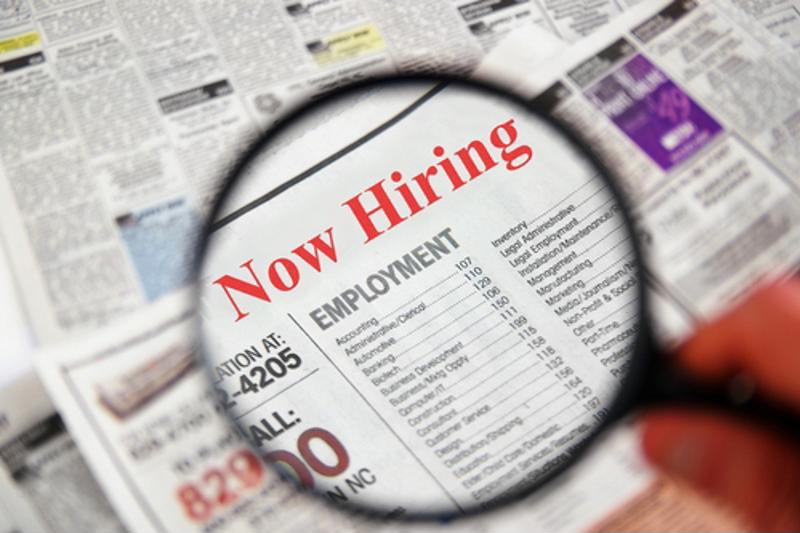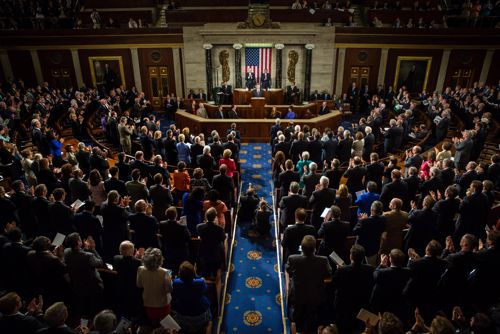In an attempt to smooth things out and get the supply chain back to normal, lawmakers are considering establishing a new oversight body that would manage this latest supply chain challenge — and presumably those that are bound to occur in the future.
Law would create Office of Supply Chain Resilience and Crisis Response
Sponsored by Representatives Carolyn Bourdeaux of Georgia, Robin Kelly of Illinois and Adam Kinzinger of Illinois, the bipartisan legislation introduced to Congress aims to create the Office of Supply Chain Resilience and Crisis Response. Set to be a branch of the U.S. Department of Commerce, the office would be charged with a number of different responsibilities, including furthering the United States' status as a world leader in supply chain operation, encouraging partnerships with labor organizations as well as state and local governments and monitoring the "resilience, diversity, security and strength of supply chains and critical industries," according to a press release from Congresswoman Bourdeaux's office.
Bordeaux noted that the ongoing effects of the coronavirus crisis laid bare the existing shortcomings of the supply chain; action is sorely needed.
"COVID-19 showed us all how critical resilient supply chains are for consumers and businesses," Bordeaux explained in the aforementioned press release. "All across my district, small-business owners and manufacturers have told me about the challenges they face in accessing basic materials critical to their products. These disruptions harm businesses, their employees and our local economies. My bill ensures we are better prepared to address these challenges and ensure American companies can keep doing what they do so well — build."
Congressman Kinzinger echoed his colleague's sentiments, adding that swift approval of the Supply Chain Act would help to strengthen the United States' economic vitality and security and show the American public that their representatives can bring solutions to these macro challenges.

Hiring challenges persist
While many of the problems plaguing the supply chain may require better logistics management to resolve, several of them stem from business owners' inability to fill open jobs. Particularly in industries such as retail, grocery and hospitality, millions of companies are in hiring mode, offering a wide range of incentives to persuade more job seekers to apply. Much of the public has taken notice. In a recent survey conducted by Gallup, nearly three-quarters of respondents said it was a good time to be in the job market, a substantial jump from a year ago when only 29% felt this way.
With more people on the job, businesses can enhance productivity, thereby better addressing the demand that is fueling the product shortages in stores and distribution centers. The Office of Supply Chain Resilience and Crisis Response may be able to offer suggestions on how businesses can improve recruitment and retention.



Post A Comment:
0 comments so far,add yours